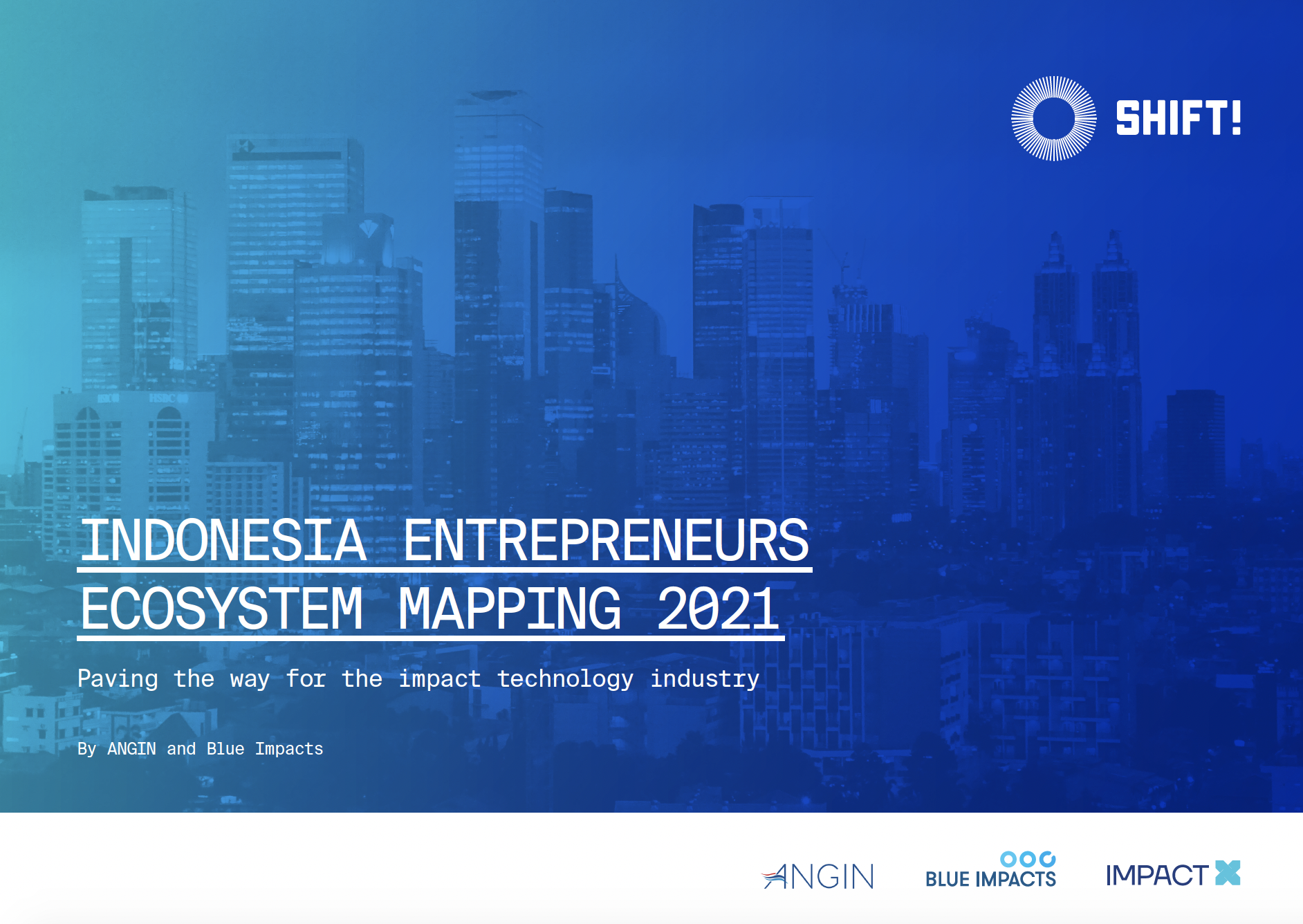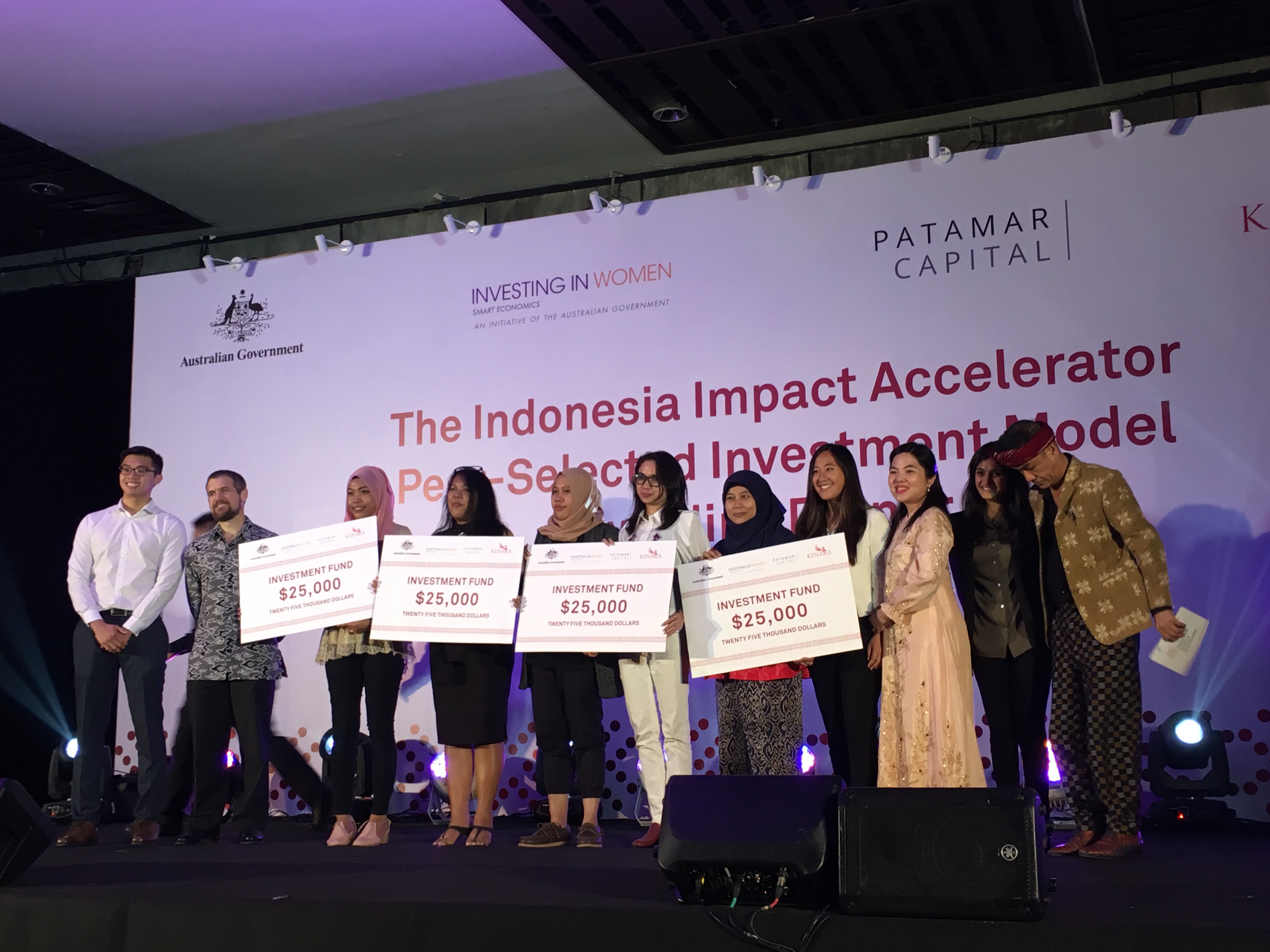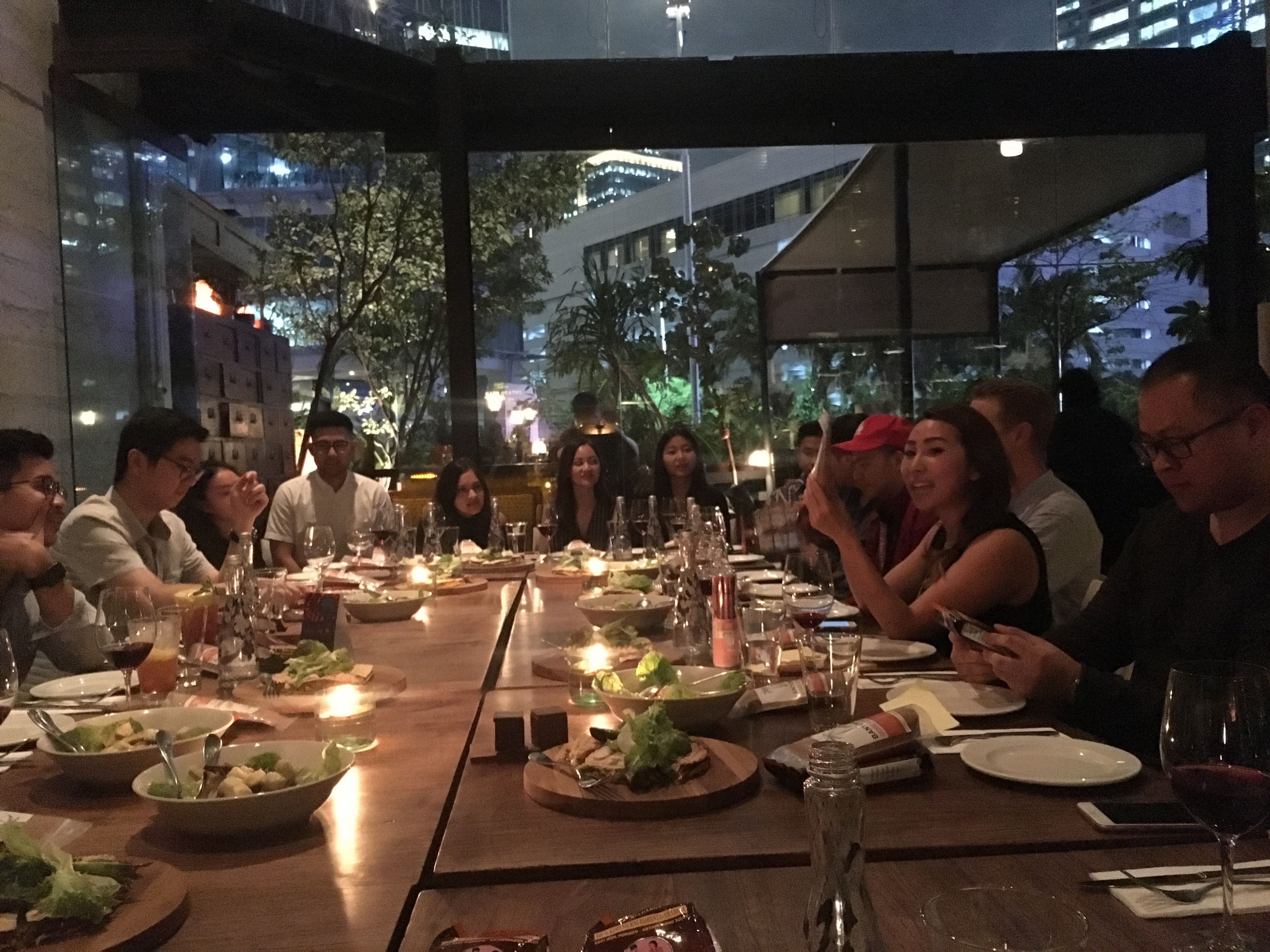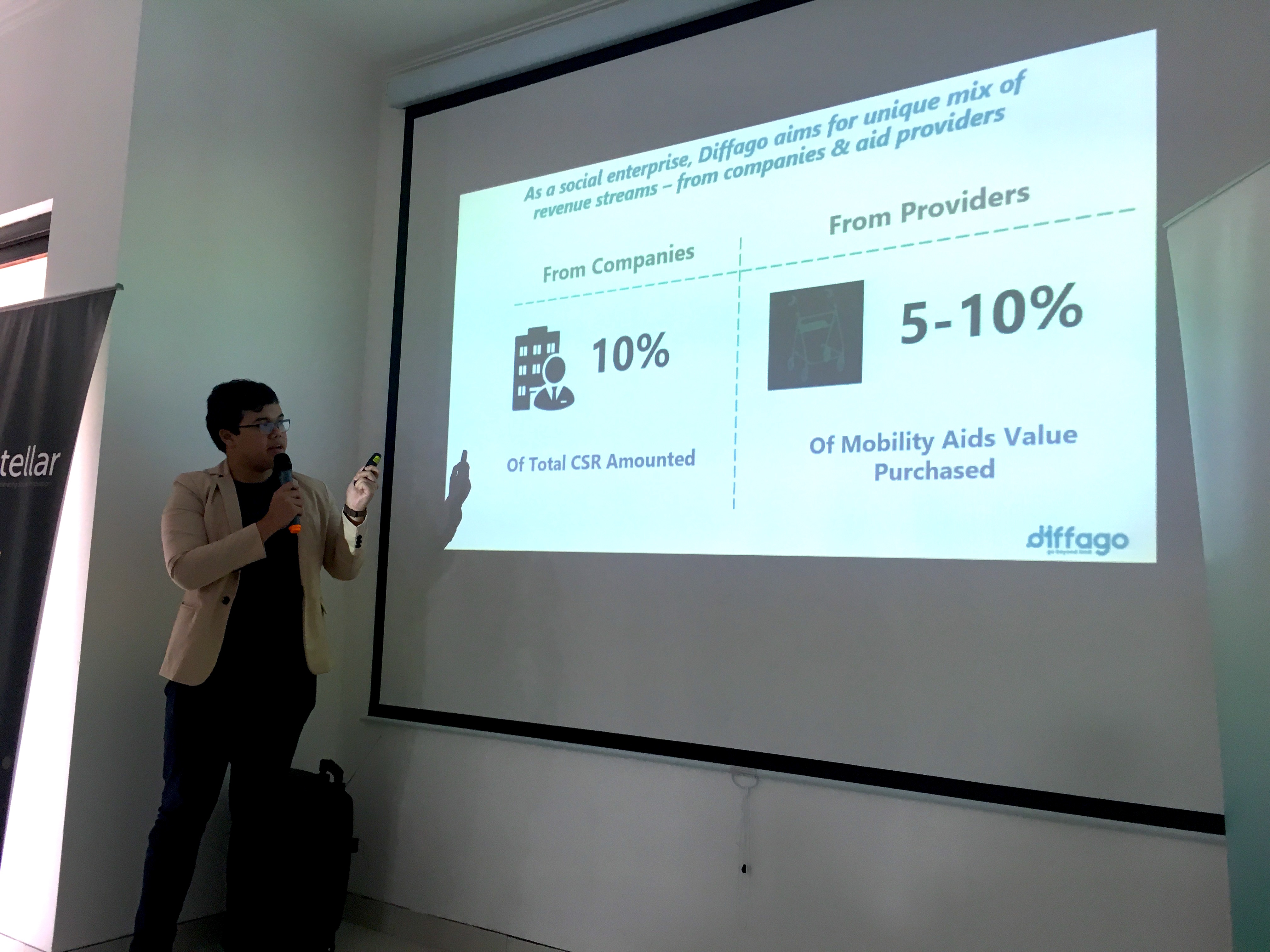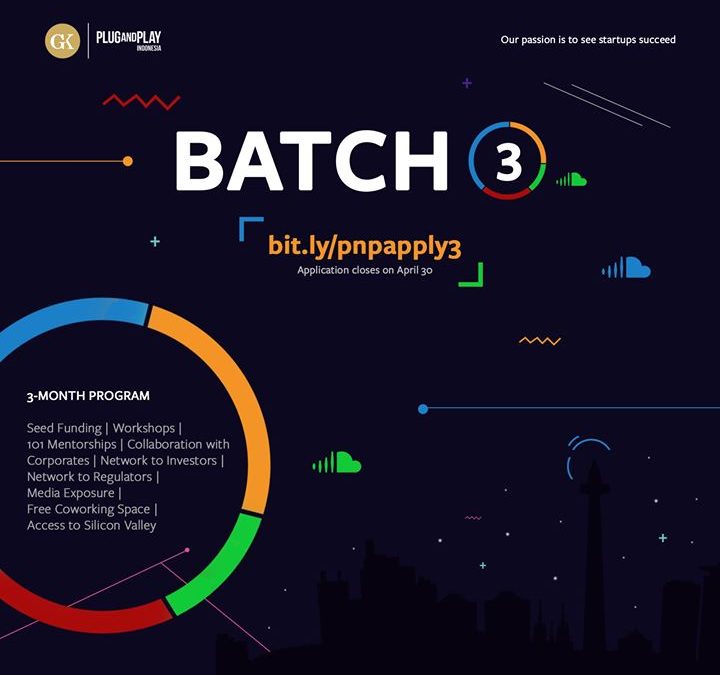This new report is brought to you by ANGIN and Blue Impacts, Impact X
Introduction
As the largest economy in Southeast Asia, Indonesia has charted impressive economic growth and is home to a massive population that is excited to embrace emerging technologies. With the advent of some of Indonesia’s largest tech unicorns going public, the island country is gathering significant importance and influence as a hub for startups and talents.
Over the past decade, Indonesia has seen more deals and impact capital deployed by the Development Finance Institutions (DFI) than any other country in the region. With this encouraging trend in mind, a rising number of different players in the startup ecosystem are contributing to nurturing the impact startups – startups with a social and environmental focus while generating promising financial returns.
Moving forward from the pandemic, there is an urgent need to recover our economy and learn from the exposed social and environmental vulnerabilities. The Indonesian Government, an increasing number of companies, youth-led climate actions, and young entrepreneurs, are committed to addressing the United Nations Sustainable Development Goals, to include environmental and social problems on their agenda and work towards a more resilient economy. These entities identify innovative ideas and technologies from startups and entrepreneurs to challenge the business-as-usual trajectory.
This is the emerging trend of Impact Technology, where business ideas are backed by science, technology and innovation to benefit people and the environment. Given the complexity to measure and track social and environmental impacts, we hope to introduce a new perspective and mechanism to ignite, re-align and join forces with existing efforts in the startup ecosystem to build the community that tailors to nurturing these young and mission-led innovators and entrepreneurs so that their impacts can scale and eventually lead our nations towards a sustainable era.
Report Overview

This report zooms in on some of the key players supporting the startup ecosystem in Indonesia that also contribute in paving the way for impact technology startups to grow. Highlighting the work from investors to service providers, these key players in the ecosystem are building the foundation for startups to make a positive impact through tech-enabled solutions.
This report use the term “impact” in a broader scope. Not only social enterprises deliver “impact” (i.e. achieve positive social and environmental impact through the business). “Impact” can be a vague concept and while social enterprises intentionally state that they are pursuing “impact” and have the duty to measure it. Some of these players that may be working in Impact Areas also contribute to achieving “impact” without stating it openly or with a capacity to measure it.
Recognition


About Impact X, Blue Impacts
Blue Impacts seeks to discover, support and scale impact technologies solving environmental and development related challenges. Focus areas include food systems, energy and carbon, inclusive finance, urban resilience, improved health and circular economy. Blue Impacts has offices in Singapore, Australia, and China.
A startup innovation challenge, called SHIFT!, is a discovery platform established by Blue Impacts with partners in 8 cities across the Asia Pacific. Designed to discover impact technologies at their earliest stage, Shift! takes a deeper approach to developing startup ecosystems at the local level.
The company brings innovators together with investors, buyers, and experts at the Impact X Summit, to match and help scale. In 2021 and 2022, Impact X Summits will take place in Australia, China, and the Netherlands.
Disclaimer: The report prepared by a team from ANGIN and Blue Impacts. The organisations featured in the report are based on ANGIN’s interaction and observation with Indonesia’s Startup Ecosystem. Any reproduction in full or in part must mention the title of the report and credit the above-mentioned publisher as the copyright owner.
This report aims to highlight and identify the possibility of aligning existing efforts in Indonesia’s startup ecosystem to nurture, invest, and scale startups and entrepreneurs with a focus on climate and sustainable development goals. This report is also the follow up of ANGIN’s report, the 2019 edition of ecosystem mapping report. So here is the 2021 edition of the key players who are highly contributing to the development of entrepreneurship and paving the way for impact technology to grow in Indonesia.
These are the organizations you should definitely meet if you are exploring the Indonesian impact technology startups market. We have updated our 2019 list to reflect the changes in the ecosystem as new players are coming, some organizations are not active anymore, less active or changed their focus.
Previous Report by ANGIN

66 People and Organizations Moving Social Entrepreneurship and Impact Investment in Indonesia (2nd Edition)
This report is the follow up of 2018 ecosystem mapping report ANGIN released in 2019.

52 Figures and Organizations Moving Social Entrepreneurship and Impact Investment in Indonesia (1st Edition)
This report is the first edition of ANGIN ecosystem mapping report released in 2018.
